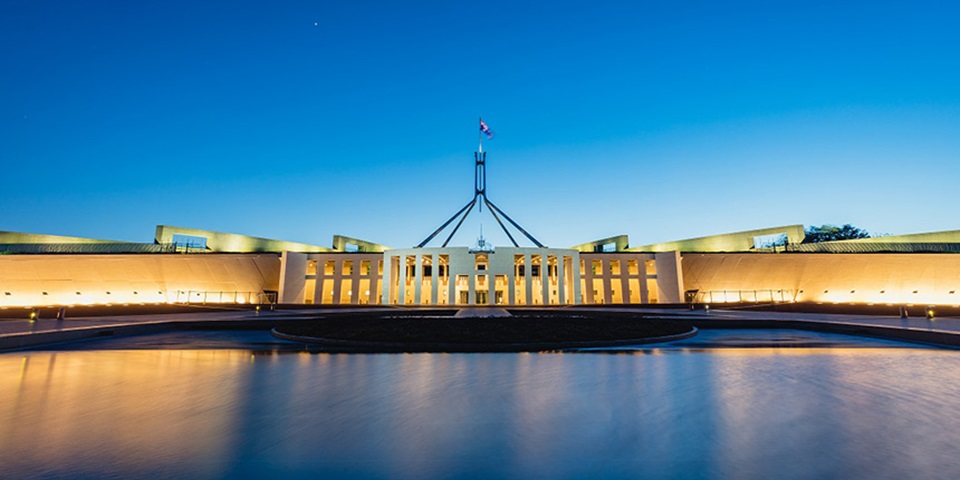Opinion
State of the states: Adani, economics and personality politics

In a co-authored piece in The Conversation, Dr Ian Cook shares his analysis of the key issues, seats and policies affecting the Western Australian vote in the upcoming Federal election.
Scott Morrison has his work cut out for him when it comes to convincing West Australians to accept his core message to voters: that they should reelect the Liberal-National Coalition government because they’re better economic managers than Labor.
He has two main problems. First, voters in Western Australia threw Colin Barnett’s Liberal-National Coalition government out in 2017, in part, because of its economic record. Second, many West Australians felt that their quality of life declined during the mining boom, so they know that lots of good economic data doesn’t necessarily mean that everyone’s lives will improve.
Economic management wasn’t the only issue that resulted in the Barnett government’s loss. Tension between the Coalition parties and the preference deal with One Nation didn’t help. But Labor focused part of their campaign on the Coalition government’s economic mismanagement during that election. And voters responded.
The evidence that conservative governments are just naturally better at managing an economy is thin, and there is just as much evidence that the reverse it true, as economics professor James Morley has pointed out. But the idea won’t go away as long as the economic orthodoxy is that governments shouldn’t interfere in the economy. And Australians believes that Coalition governments don’t interfere. Both views are open to question.
On the second problem, many West Australians recall a time when the economy was booming. Mining booming. And few of us felt better off, and many felt worse off. Of course it didn’t help that state governments, of both parties, increased utilities charges during this period. But the boom meant that the price of housing became ridiculous (and destined to crash), rentals were very hard to come by and, applying the definitive cappuccino test, we were paying more for our coffees than anyone else in Australia.
We had a two-speed economy shoved in our faces and one takeaway from this was that everyone doing well is not just about the economy doing well. The prime minister will get a chance to explain how I’ve gotten things terribly wrong when he appears in the first of the Leaders’ Debate in Perth on April 29.
This article was first published by The Conversation.
Opinion
State of the states: Adani, economics and personality politics
Posted on